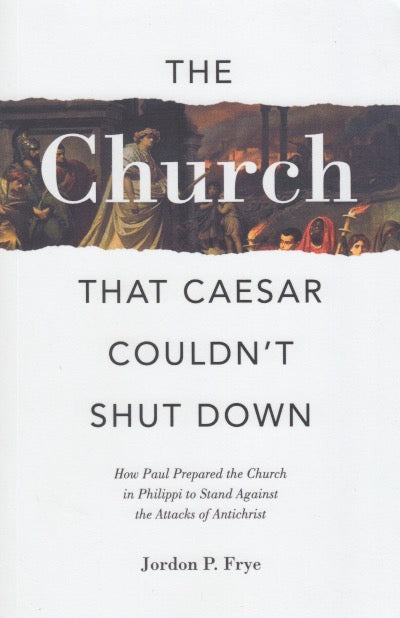Step into the cultural context of the powerful epistle written to the saints at Philippi.
With prophetic insight, Paul prepared the first-century church for two well-orchestrated attacks of the spirit of Antichrist; the attack of Jezebel and the attack of Caesar. From the Jerusalem Council that proved to be the impetus of Paul's Second Missionary Journey, to the Holy Ghost forbidding Paul and Silas from preaching in Asia, to conversations and conversions that were undoubtedly more than coincidence; a church was birthed that would thrive through persecution.
Nearly a decade after Paul baptized the seller of purple from Thyatira, cast the divining spirit out of the Macedonian woman, and was imprisoned for preaching a message so countercultural it was categorically deemed first-century "hate speech," he sat under house arrest in Rome reflecting on the church he founded in a little coastal city called Philippi.
As he began to write under the watch of Caesar's soldiers, Paul showed us what it looked like to be part of a church that-try as he might-Caesar couldn't shut down.



